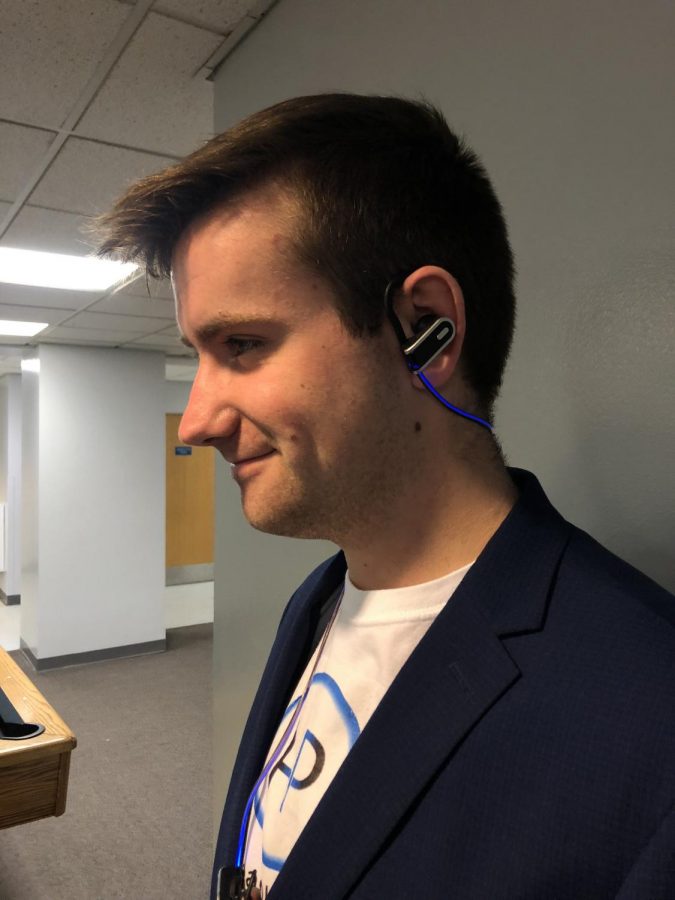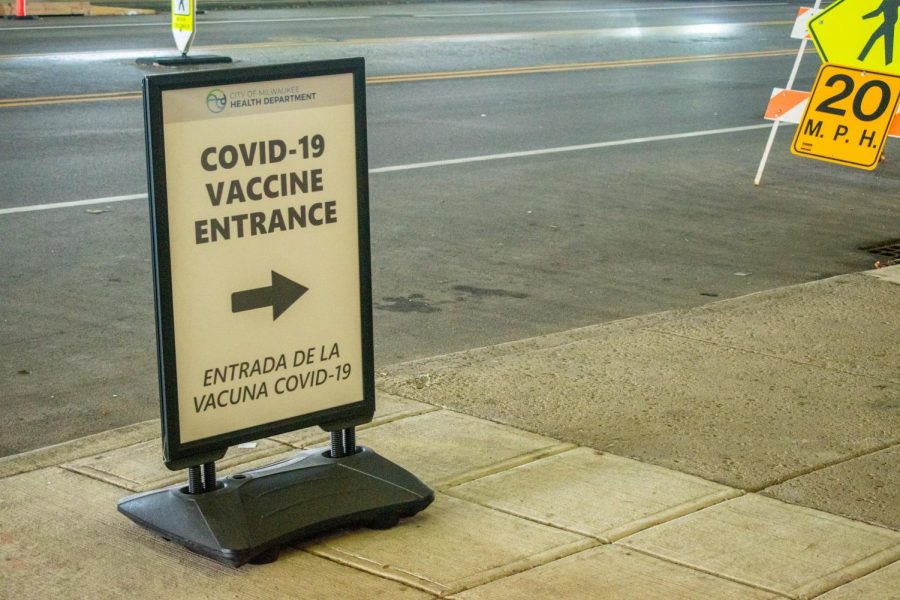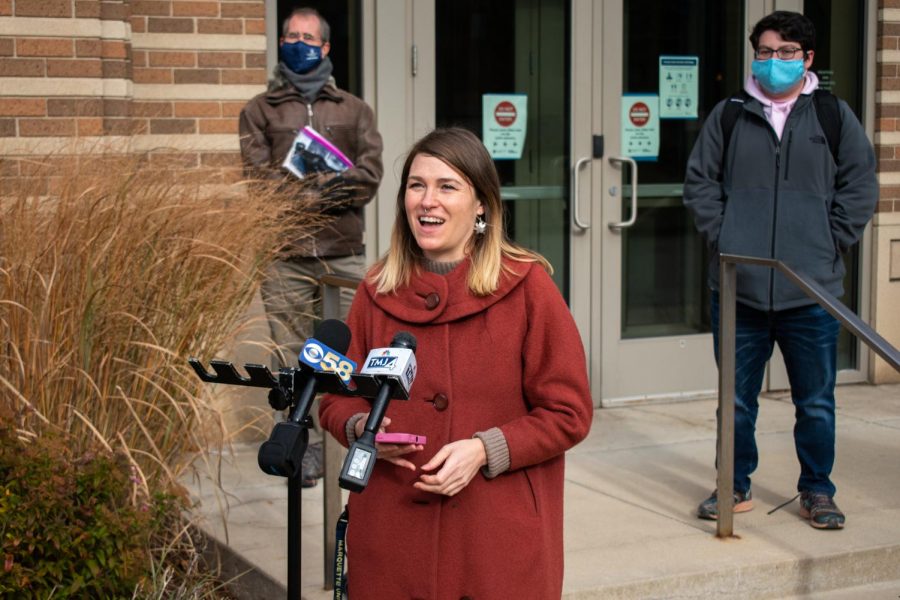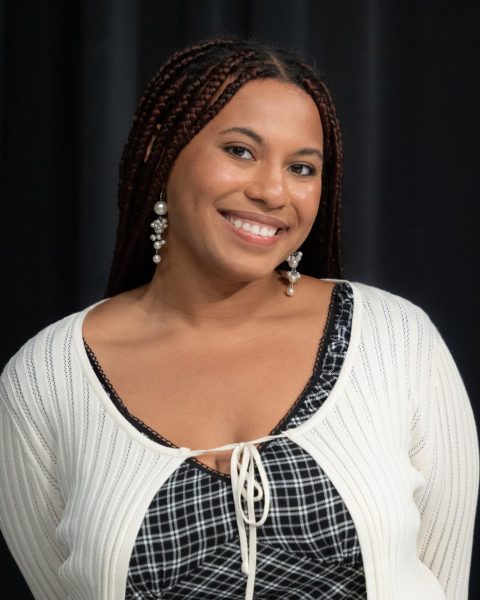Young people have a lot of things to worry about these days. For many, the constant stress could be a call to throw their earbuds on, turning up the volume until it completely engulfs them. This, however, might present more issues instead of eliminating those aforementioned.
One of the biggest dangers to our health is much more inconspicuous than most: preventable hearing damage. Currently, more than one billion young adults are at risk of developing permanent and avoidable hearing loss. Many people assume most cases of hearing loss are a result of harmful and invasive sound or some form of trauma. In reality, most cases of modern hearing loss are caused by unsafe listening practices.
Currently, 17% of teenagers and 19% of people in their twenties exhibit some kind of noise-induced hearing loss. In the United States, 1 in 8 people over the age of 12 report experiencing hearing loss. This evens out to 14%, meaning that younger people are already presenting higher levels of hearing impairment. This, however, does not come as a surprise to experts.
Many experts cite the overuse of earbuds and other listening devices as the cause of most of these issues. This type of extensive hearing damage is almost exclusively linked to younger people, as phones and other portable devices make the option of listening to music a reliable and constant escape.
As such, it is essential that young people begin taking personal responsibility when using listening devices or interacting with sound as a whole.
Headphones are not the only cause of hearing impairment. Hearing damage can also be accrued through overexposure to loud venues such as concerts and nightclubs. In these spaces, the most effective protection can be earplugs and simple situational awareness. Avoiding speakers and other loud areas can help keep your ears healthy and happy.
When listening to music using earbuds, typically there is friction between the ear canal and the listening device. This causes extra tension that, combined with music that is too loud, can damage your hearing. To avoid this, it’s recommended that you listen to music at a volume of between 60-85 decibels.
It might be hard to decipher how loud your earbuds are. Some smartphones like the newer iPhone and Android models do provide warnings when your volume is too loud, but there are also other ways to ensure that you are listening responsibly.
If you are especially worried, you can order a Sound Meter, a device that determines the amount of decibels a certain sound is. Or you can try to purchase any one of many sound meter applications on the App Store. Although not guaranteed, some are a good option that provides accurate readings of decibel levels. All a person would have to do is activate it and hold the meter or phone directly next to the source of the sound.
Doctors typically recommend listeners follow a 60/60 rule when listening to content: a volume no higher than 60%, for no more than 60 minutes at a time.
All in all, there are almost infinite ways in which young people can accrue hearing damage. There are also infinite ways in which this hearing damage can be avoided. It is up to young people to decide whether they will indulge their short-term impulses or protect their long-term well-being.
This column was written by Clara Lebrón. She can be reached at [email protected].











